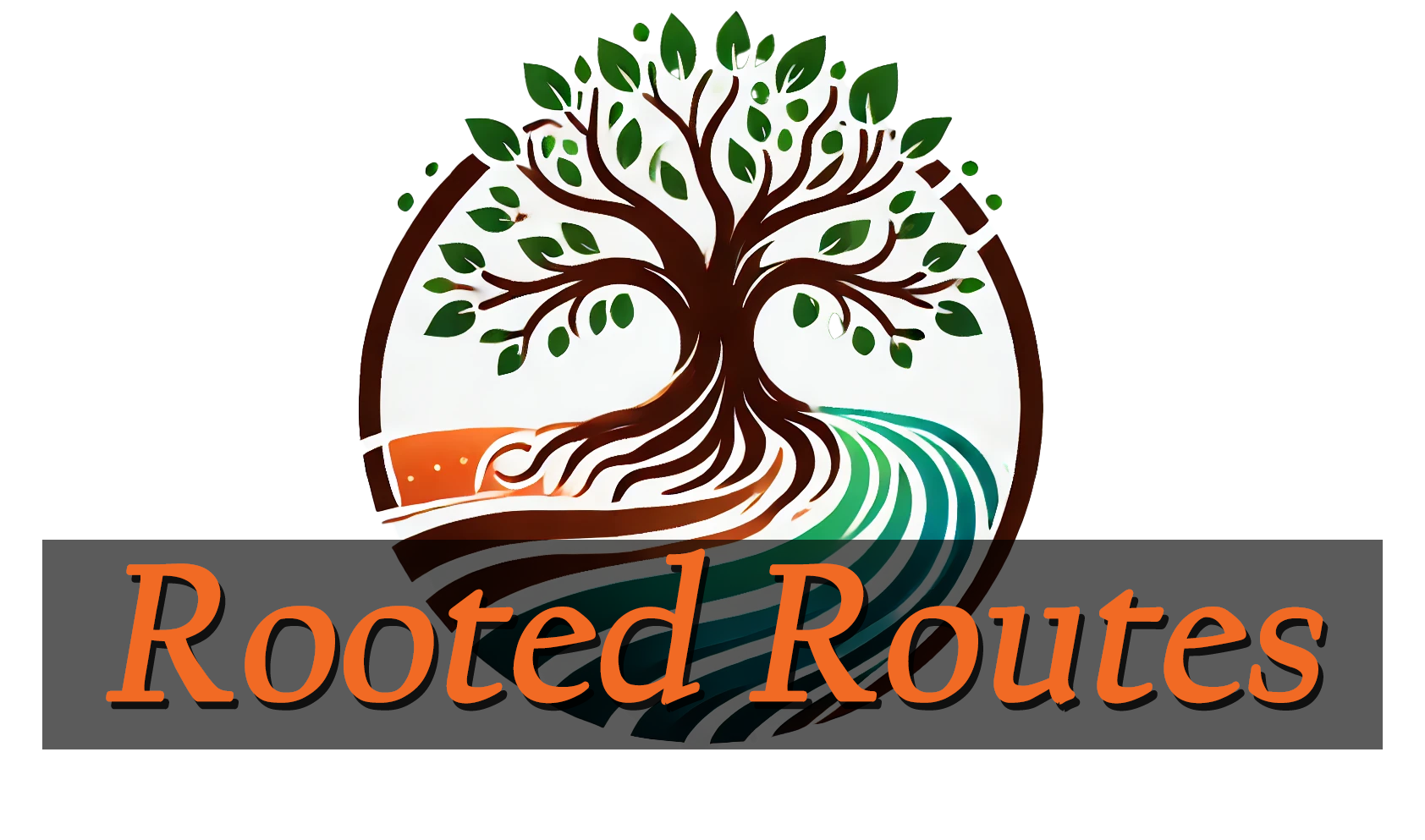It was supposed to be a joyful evening in Magdeburg, a city brimming with the festive spirit of Christmas markets. Lights sparkled across colourful stalls, the smell of roasted almonds filled the cold air, and families strolled through, laughing and hunting for last-minute holiday gifts. Then, in an instant, everything changed. A car tore through the crowd, sending people running and screaming. Stalls crumbled, the air filled with chaos, and what was meant to be a celebration turned into heartbreak.
Watching the footage was gut-wrenching! For many, it wasn’t just a terrible tragedy; it became a symbol of deeper fears. People started questioning their safety and what was happening to their communities. Conversations shifted, and some used the moment to push anti-immigration messages.
For those already uneasy about immigration, the attack felt like another reason to hold on tightly to the things they feared were slipping away: the traditions, the language, the sense of security they’d always known.
I’ve heard similar thoughts in passing conversations and online. It’s not always about disliking immigrants. It’s about fear. These feelings are hard to hear but also hard to ignore. They’re not about anger or blame… they’re about loss. A quiet grief for the familiar world that seems to be disappearing
One mother once told a friend of mine about her kids’ school. They’d added programs to help immigrant students adjust, which she supported. But she admitted she was worried her own kids might fall behind because of it. “I’m not against diversity,” she said. “But it’s hard to see things change.”
How Stories Shape Perceptions
Then there’s the role of the media. Stories like the Christmas market attack stick in people’s minds. They cast a shadow over the many immigrants who work hard, follow the rules, and just want to build a life. One story becomes the whole story for some people, shaping how they see immigration.
It’s not just the big stories that add to this fear, either. It’s the small, everyday moments. The shopkeeper who struggles to communicate with non-German-speaking customers or the parent who feels disconnected from their neighbourhood as new cultures settle in. It’s not about whether these changes are good or bad; it’s about how they make people feel like their sense of belonging is slipping away.
And there’s another truth we can’t ignore: not everyone comes with good intentions. Like any group, there are some who exploit, who harm, who create mistrust. These stories fuel the fears and make resistance grow stronger.
Finding a Way Forward
As an immigrant, I know how it feels to face resistance. It hurts to feel like you’re not welcome. But over time, I’ve come to see that it’s not always about hate. Sometimes, it’s about a fear of losing what feels like home.
It doesn’t excuse hostility or exclusion or make the resistance right. But it helps explain it. Change is hard, not just for people moving to a new place, but for those watching their world evolve.
Maybe the answer isn’t about choosing a side. Maybe it’s about finding space in the messy middle, where both fear and hope exist. That’s where empathy begins, and where we might start to move forward.
